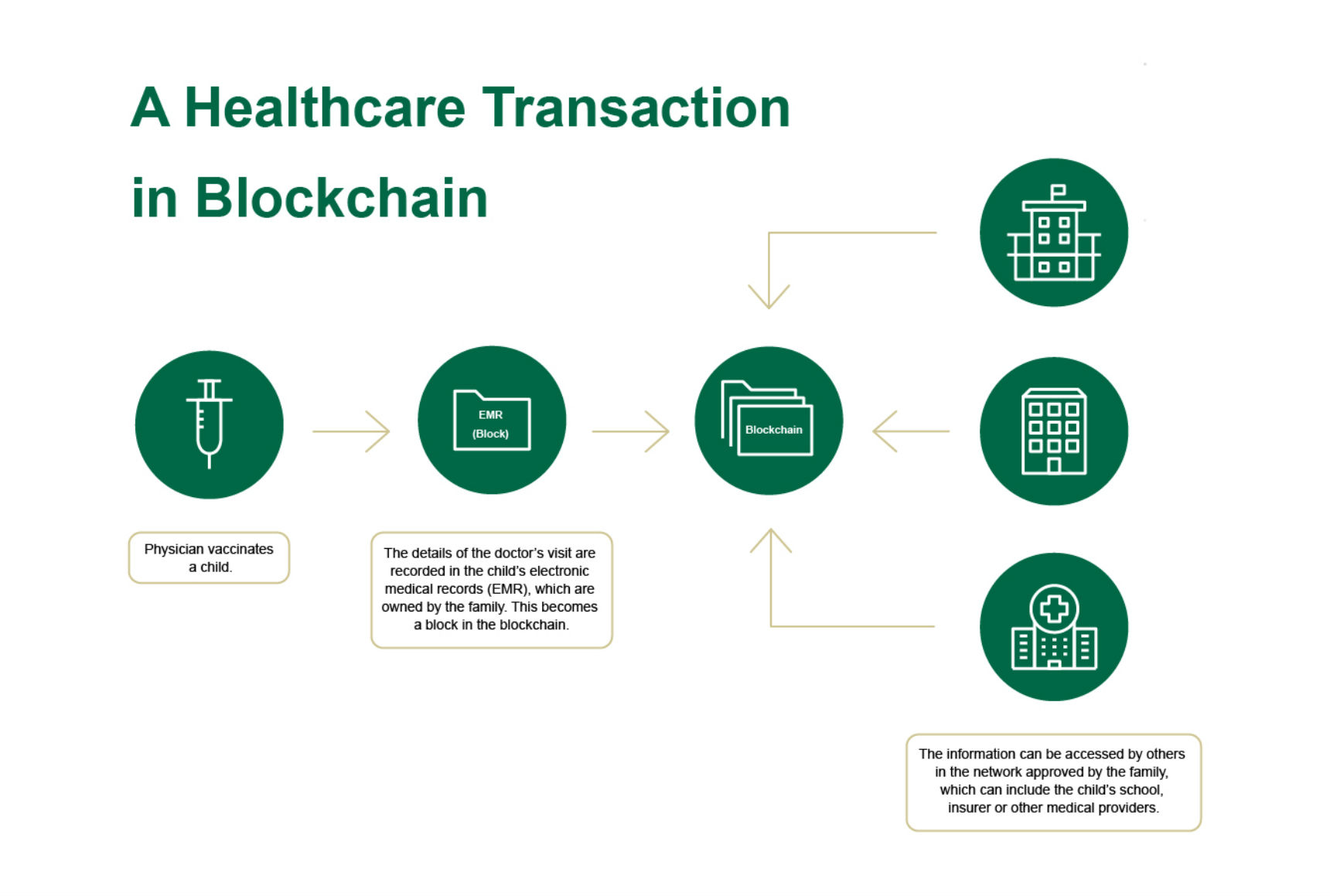Unlocking The Power Of Blockchain In Healthcare: A New Era Of Security, Transparency, And Patient Empowerment
Unlocking the Power of Blockchain in Healthcare: A New Era of Security, Transparency, and Patient Empowerment

- Diving Into The World Of Crypto: Top Apps For Tracking Your Investments
- Breaking Down Borders: How Crypto Is Revolutionizing Global Finance
- Unlocking The Secrets Of Bitcoin Mining: A Beginner’s Journey
- The Impact Of Decentralized Finance Defi On Traditional Banks
- The Wild West Of Cryptocurrency Mining: A Journey Through The Ages
Imagine a world where your medical records are securely stored, easily accessible, and controlled solely by you. A world where researchers can collaborate on groundbreaking projects without worrying about data breaches or intellectual property theft. Welcome to the future of healthcare, where blockchain technology is revolutionizing the way we manage, share, and utilize medical information.
At its core, blockchain is a decentralized, digital ledger that records transactions across a network of computers. In the context of healthcare, this technology has the potential to transform the industry in profound ways. From secure data storage to streamlined clinical trials, blockchain is poised to become an indispensable tool in the pursuit of better patient outcomes.
The Problem with Traditional Healthcare Data Management
The current state of healthcare data management is, in a word, antiquated. Patient records are often scattered across disparate systems, making it difficult for healthcare providers to access, share, and analyze critical information. This fragmentation can lead to errors, misdiagnoses, and even life-threatening consequences. Moreover, the sensitive nature of medical data makes it a prime target for cyberattacks, putting patients’ personal and financial information at risk.
Enter Blockchain: A Secure, Transparent, and Patient-Centric Solution
Blockchain technology addresses these concerns by providing a secure, decentralized, and transparent platform for managing healthcare data. Here are just a few ways blockchain is revolutionizing the industry:
- Secure Data Storage: With blockchain, patient records are encrypted and stored on a decentralized network, making it virtually impossible for hackers to access or manipulate sensitive information.
- Interoperability: Blockchain enables seamless data sharing between healthcare providers, researchers, and patients, reducing errors and improving outcomes.
- Data Ownership: Blockchain empowers patients to control their medical records, granting them the authority to share, revoke access, or update their information as needed.
- Clinical Trials: Blockchain streamlines the clinical trial process by creating a transparent, tamper-proof record of trial data, enabling researchers to collaborate more efficiently and effectively.
Real-World Applications of Blockchain in Healthcare
Several innovative projects are already leveraging blockchain to improve healthcare outcomes. For example:
- Medibloc: A blockchain-based platform that enables patients to securely store and manage their medical data, while also incentivizing healthcare providers to share data and participate in research.
- Guardtime: A blockchain-based cybersecurity platform that protects sensitive healthcare data from cyber threats, ensuring the integrity and confidentiality of patient records.
- HealthVerity: A blockchain-based platform that enables researchers to share and analyze de-identified health data, accelerating the discovery of new treatments and therapies.
The Future of Blockchain in Healthcare
As the healthcare industry continues to evolve, we can expect to see even more innovative applications of blockchain technology. From secure telemedicine platforms to blockchain-based genomics research, the possibilities are endless. However, it’s essential to address the challenges that come with widespread adoption, such as:
- Regulatory Frameworks: Developing clear guidelines for the use of blockchain in healthcare, ensuring compliance with existing regulations and laws.
- Scalability: Scaling blockchain solutions to meet the demands of a rapidly growing healthcare industry.
- Education: Educating healthcare professionals, patients, and researchers about the benefits and limitations of blockchain technology.
In conclusion, blockchain technology is poised to revolutionize the healthcare industry by providing a secure, transparent, and patient-centric platform for managing medical information. As we continue to navigate the complexities of this emerging technology, one thing is clear: the future of healthcare has never looked brighter.
